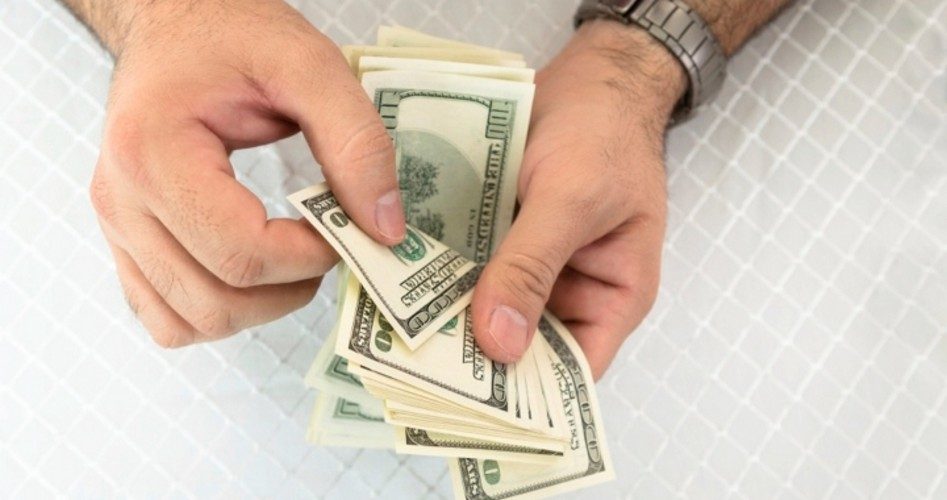
The Trump administration is taking steps to prevent labor unions from withholding dues for home healthcare workers from their Medicaid payments, an Obama-era innovation that many observers believe is illegal.
On Tuesday, the Centers for Medicare and Medicaid Services (CMS) proposed undoing a 2014 rule allowing states to skim public-sector union dues from Medicaid payments to independent home healthcare providers on the theory that those providers are de facto public employees — a privilege that has netted unions anywhere from $71 million (CMS’ estimate) to $200 million (State Policy Network) annually.
“The law provides that Medicaid providers must be paid directly and cannot have part of their payments diverted to third parties outside of a few very specific exceptions,” Tim Hill, acting director for the Center for Medicaid and CHIP Services, said in a press release. “This proposed rule is intended to ensure that providers receive their complete payment, and any circumstances in which a state does divert part of a provider’s payment must be clearly allowed under the law.”
Independent home-care workers, who often care for family members with severe, chronic conditions, are eligible for hourly wages and training through Medicaid. While Medicaid shouldn’t exist at all under our Constitution, paying for home care costs taxpayers considerably less than paying for institutional care, so in this sense the home-care subsidy is a bargain.
In recent years, public-sector unions have managed to convince several state governments that home caregivers should be classified as public employees and thus that the state should force them to join unions and have dues withheld from their Medicaid payments. This wasn’t exactly a hard sell given that those governments were controlled by Democrats, who stood to benefit from unions’ swelling coffers.
In Minnesota, for instance, Governor Mark Dayton, a Democrat, first issued an executive order declaring home-care providers state employees. When that was struck down by the courts, he got the legislature to pass a law to the same effect. As a result, the Service Employees International Union (SEIU) became the exclusive representative of all Minnesota home-care providers, setting dues — to be garnished from Medicaid payments — at three percent of wages, up to $948 a year.
Kris Greene, a Minnesota woman whose adult daughter requires full-time supervision for her rare genetic disorder, receives payments as a home-care provider under Medicaid. She was also the plaintiff who sued to overturn Dayton’s executive order. She is no happier with the law that followed, reported National Review:
Kris Greene says the SEIU has done nothing for her family but cause heartache and worry. Before unionization, Kris got regular wage increases and all the training she needed from the state. Now the SEIU, which “bargains” with the Dayton administration, has taken over the training, and instead of a wage increase, Kris gets a few days of PTO [paid time off] and holiday pay, absurd benefits when you are caring for a family member at home.
Likewise, Illinois mom Pamela Harris, whose situation is similar to Greene’s, sued then-Governor Pat Quinn, also a Democrat, over state policy forcing her to pay union dues. The Supreme Court eventually ruled that home-care providers could not be compelled to pay such dues.
“As a result,” wrote NR, “providers can ‘opt out’ of paying agency fees, but because the unions establish and control the process by which one opts out, it is often very hard to do so. Moreover, even though Kris and Pam do not have to pay any fees, the union still speaks for them, exclusively representing their needs before Congress and the states.”
The SEIU, of course, is up in arms over the Trump administration’s decision to cut off its taxpayer-funded gravy train. In a statement, the union said the proposed rule “is designed to stop [home-care workers] from contributing their own wages to support their union.”
In truth, nothing in the rule change would prevent these workers from joining a union. They will simply have to pay their dues directly instead of having them automatically withheld from their Medicaid payments. That the SEIU fears many will choose not to do so speaks volumes about just how valuable it believes union membership to be.



